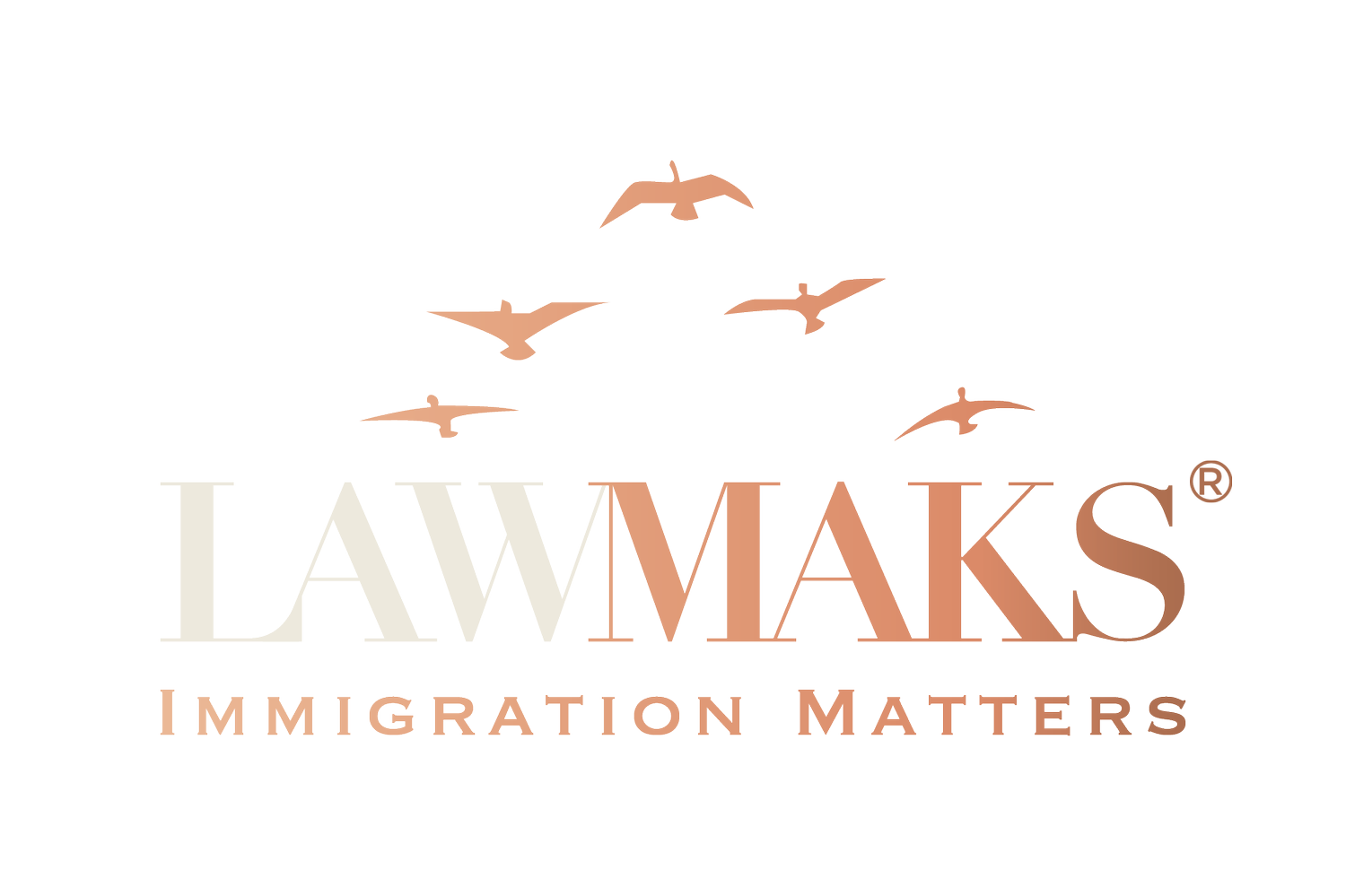USCIS, BY LAWMAKS
On February 21st, 2020, the U.S Supreme Court allowed the Trump administration’s public charge regulation to take effect in all 50 states. The U.S. Citizenship and Immigration Services (USCIS) started to abide by this rule as of February 24th, 2020.
This regulation, which is now grounds for inadmissibility will be enforced for anyone who may use public benefits under certain circumstances. If USCIS determines that an intending immigrant may become a “public charge” under the definition of Department of Homeland Security, the intending immigrant may be unable to become a permanent resident or enter the United States due to the usage of certain benefits. Public charge laws do not apply to an applicant seeking to become a naturalized U.S. Citizen.
USCIS considers the following factors to play a part in its decision as to whether someone is likely to become a public charge:
• The applicants’ age, health, family status, assets/resources/financial status, and education/skills are the main factors that will be considered when making said decision;
• Benefits that make an immigrant a legal charge are the following: Supplemental Security Income (SSI); Temporary Assistance to Needy Families (TANF); Federal, State, local, or tribal cash benefit programs for income maintenance; most forms of federally funded Medicaid; Supplemental Nutrition and Assistance Program (SNAP) formerly known as food stamps; Section 8 Housing Choice Voucher Program; Section 8 Project-Based Rental Assistance; and Public Housing.
• This rule is to be applied to those who are more likely to receive or in some cases, have already received (after February 24th, 2020) any of the above mentioned nine benefits for more than 12 months within any 36-month period. It is important to note that if someone is to use two benefits in one month, it will be counted as 2 months of their 3-year timeline. These benefits are only considered if the applicant is the recipient beneficiary, and not the petitioning relative.
In certain situations, the USCIS or State Department can allow applicants to post a bond in order to overlook the public charge regulation in relation to said applicants’ case. However this is determined on a case-by-case basis.
Even though some officials are disappointed with this decision, the White House is pleased that this regulation has been put into effect. White House Press Secretary, Stephanie Grisham, has stated that “This final ruling will protect hardworking American taxpayers, safeguard welfare programs for truly needy Americans, reduce the Federal deficit, and re-establish the fundamental legal principle that newcomers to our society should be financially self-reliant and not dependent on United States taxpayers.”


